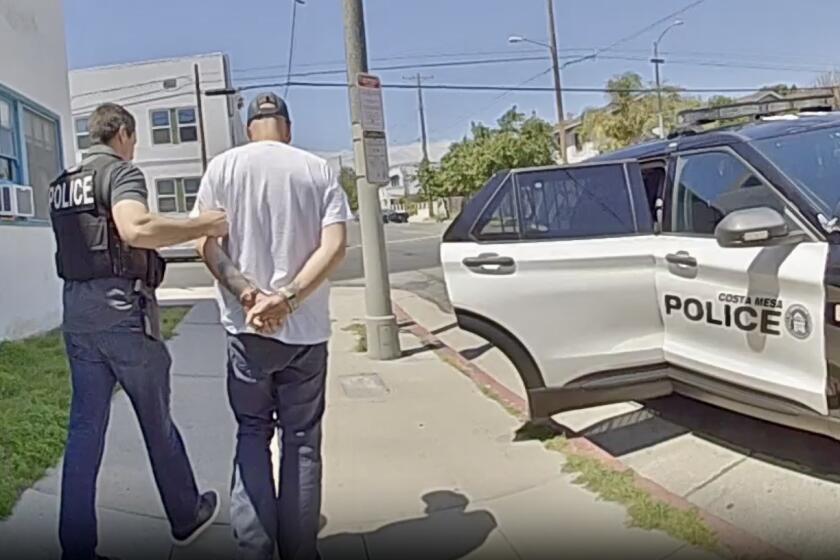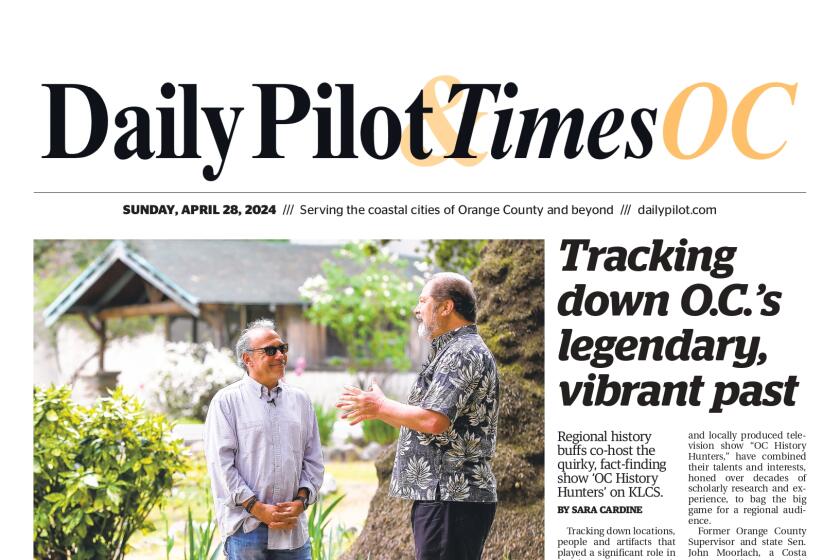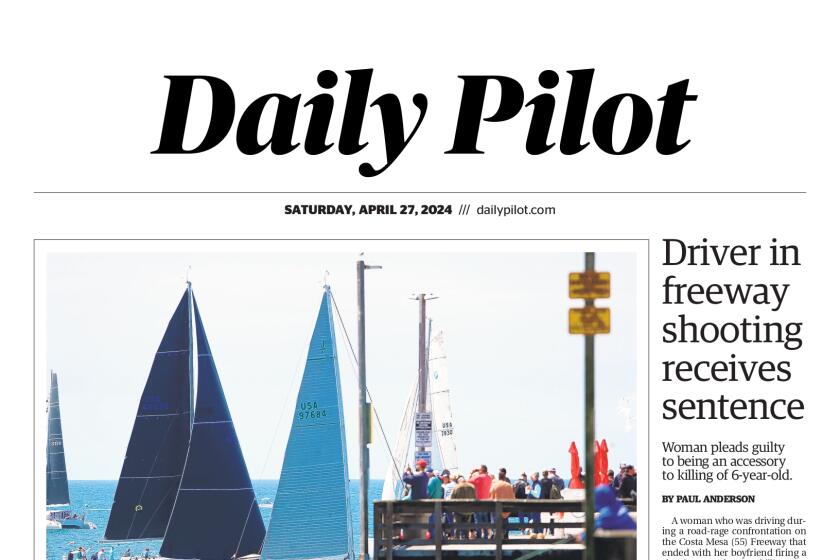Laguna Beach council to examine ‘granny flats’ law to boost housing supply
Laguna Beach’s “granny flats” ordinance is coming to the City Council on Tuesday.
City officials are looking to change Laguna’s law regulating permissions for the flats, which are also called accessory dwelling units, as part of a statewide effort to create more affordable-housing options and increase housing supply for relatives, students, senior citizens, in-home care providers and disabled people.
Some residents have expressed concerns, however, about adding more housing stock, fearing the possibility of more cars and public safety vehicles having difficulty accessing the units, if travel lanes to them are too small.
The council will consider increasing the size limit for the units, from 640 square feet now to 750 square feet.
The city is also considering increasing the types of locations granny flats can be placed. Currently, they’re allowed only in single-family zones, provided that the lot contains a pre-existing single-family dwelling.
Under the proposed ordinance, more zones would be allowed, including multi-family areas.
Granny units could also face easier parking requirements. The city is looking into changing the law so parking standards may not be imposed if the unit is in a historic district or within a half-mile of a bus stop.
Summer parking and transit
The council is also scheduled to examine this summer’s parking management plan.
The city wants to continue leasing parking at Mission Hospital in South Laguna so the public can use spots there for free. It also wants to use the Laguna College of Art + Design campus, charging the public $5 for parking.
Various mass-transit options are also part of the plan. They include the free weekend Summer Breeze bus route, which goes from the Spectrum Terrace property near Laguna Canyon Road and the 405 Freeway into town.
That service is expected to cost the city $130,000 this year.
In addition, the city is recommending the council approve the purchase of three propane-powered trolleys, at a cost of $644,240. Officials recommend them over electric trolleys, which are believed to not handle a day’s driving on a single charge.
Tuesday’s meeting begins at 6 p.m. at City Hall, 505 Forest Ave.
Twitter: @BradleyZint
All the latest on Orange County from Orange County.
Get our free TimesOC newsletter.
You may occasionally receive promotional content from the Daily Pilot.




